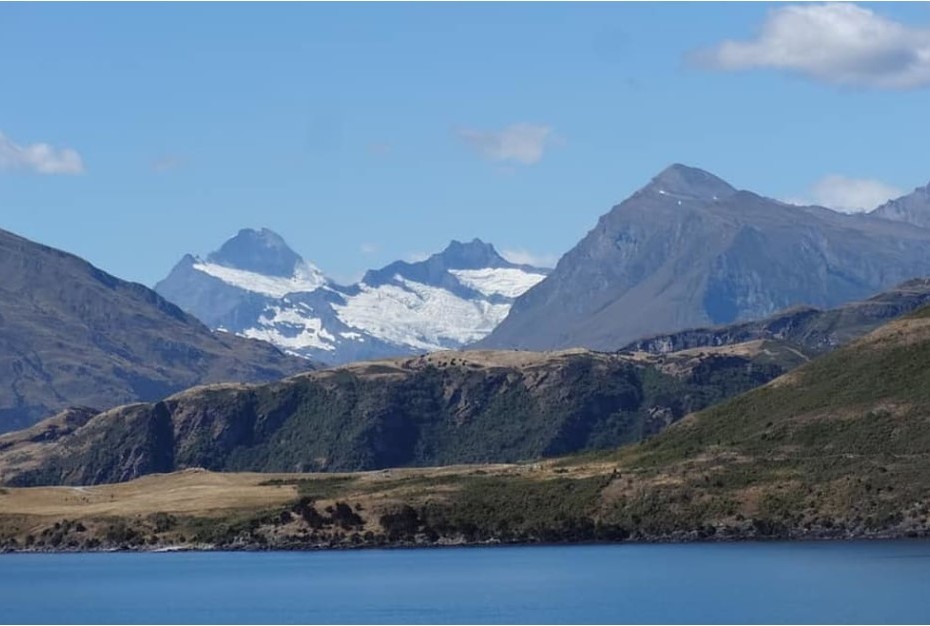Hunter's mountain death was preventable - Coroner

An extremely experienced hunter who died in Mount Aspiring National Park was negotiating steep terrain when he fell to 30 metres to his death.
The coroner has ruled the man's death was preventable, and recommended that trampers and hunters be aware of the inclination toward complacency.
The coroner said that correct route selection is critical, as is the importance of stopping to assess the likelihood of a fall.
Paul James Laurie, 61, was hunting with his friend James Short in the Kea Basin on Mt Earnslaw in January 2020.
Coroner Ian Telford said both men were experienced hunters and trampers and had spent lots of time in the outdoors together.
The pair were negotiating a steep section of terrain, which was exposed to a significant fall, when Laurie chose to take a less conservative route.
The two separated, and Short heard some noises before discovering Laurie had fallen some 30 metres from the terrain he was navigating onto the rocks at the base of the waterfall below.
Emergency services were called and an air rescue team was initially unable to find Laurie until several hours later when he was examined by a paramedic and declared dead.
A pathologist confirmed the cause of death was lethal trauma from a fall, with evidence showing Laurie would have almost certainly died on impact.
A toxicology report noted the presence of cannabis in Laurie's blood, citing the likely effects were "euphoria and relaxation, an impairment of perception and cognition, and loss of motor co-ordination".
Telford said the analysis did not show how much cannabis was in Laurie's system or when it was ingested, so he could not determine if it contributed to Laurie's death.
However he said it was likely the use of cannabis played a contributory, if not a substantial role, in Laurie's death by impairing his cognition.
A Mountain Safety Council report into Laurie's death, provided to the coroner, found that while he was an extremely experienced tramper and hunter and challenged himself in the outdoors, he was not known to be a risk-seeker.
It found having this level of experience could sometimes subconsciously lead to a degree of complacency.
It also said the terrain where Laurie fell provided "little to no opportunity to halt his fall" and it appeared he misperceived the risk associated with the terrain and continued to proceed.
Meanwhile, Short chose to deviate onto more conservative terrain, reducing the chance of a high-consequence fall.
The Mountain Safety Council and the coroner's recommendations are as follows:
- If you are experienced, be wary of the inherent human inclination toward complacency, underestimating risks, and over-estimating personal ability.
- Correct route selection is critical, and an adaptable approach should be maintained in relation to dynamic terrain and circumstances. Critical to this approach is maintaining constant awareness of terrain traps, such as bluffs or cliffs below.
- Stop, think, assess, and talk with your fellow travellers about the options you have, and as you do this consider the likelihood of a fall and the consequences if you were to lose your footing. Avoid terrain traps or do as much as you can to manage the risk of them.










